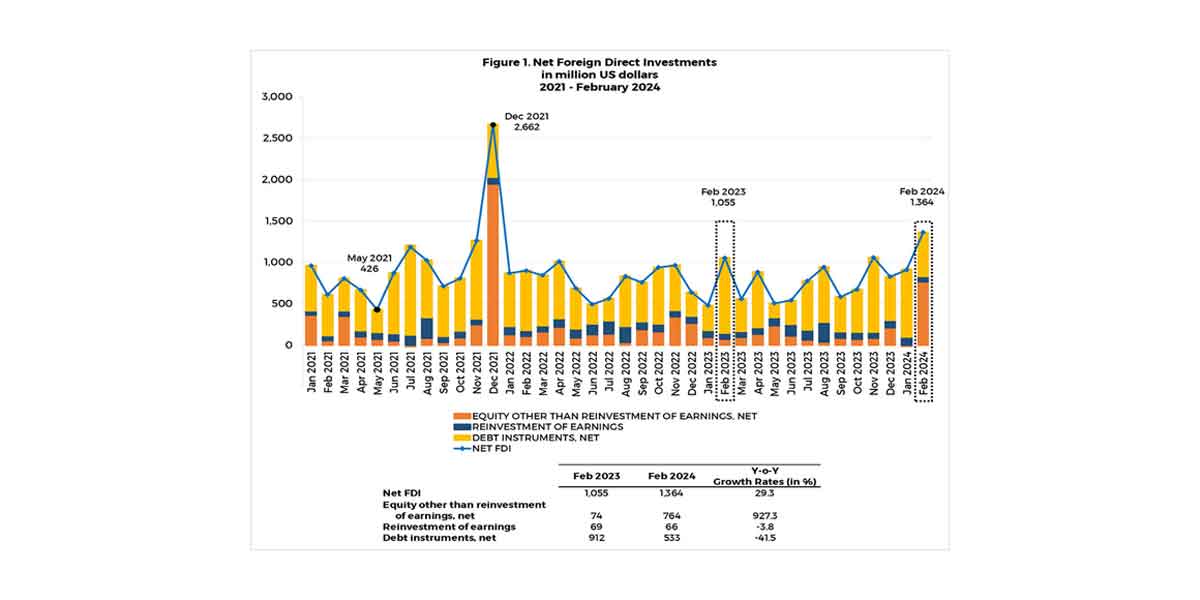
By Jennifer P. Rendon
A Food Panda delivery rider typically earns about P800 daily. This is just enough to get by.
Hence, the frustration is palpable among those who have been duped by scammers exploiting the platform to obtain “sorry vouchers.”
On March 21, three riders approached the Regional Anti-Cybercrime Unit 6 (RACU) for support.
Jerresa Lazarito reports that on certain evenings, as many as five riders fall prey to these tactics. Scammers tend to place large orders, sometimes totaling P2,000, which the riders pick up and attempt to deliver.
“But they won’t pick up our calls. So, we had to report to the dispatcher that the customer was not answering our calls and couldn’t be located at the pinned location,” she narrated in the vernacular.
The dispatcher requires proof that the rider has the order, after which they contact the customer.
Curiously, customers confirm receipt of their orders despite not having received anything, leading the rider to pay for the food.
Subsequently, the scammers claim to Food Panda that their orders were incorrect or items were missing, resulting in the issuance of sorry vouchers.
“Because the company would always side with the customer, they would be given sorry vouchers for the missing items or the amount they paid because they got the wrong order,” Lazarito said.
Lazarito notes that many scammers seem to use identical contact numbers and sell the vouchers they obtain.
Scammers who received sorry vouchers would usually sell them to other customers.
For the defrauded riders, selling the unclaimed food at a discount is often the only recourse, in addition to facing potential sanctions from Food Panda.
Aside from paying for the undelivered food, riders could also face sanctions like suspension if they’re being complained for delivering wrong items.
“It’s already their way to make income at our expense,” she said.
Tracking these customers is challenging due to the use of false names and arbitrary delivery locations.
“That’s why, we hope that the PNP could help us out on this,” she said.
The group is also receiving legal aid from Atty. May Rago-Castillo.
Lt. Col. Richard Habawel of RACU-6 acknowledges previous complaints from riders but notes a lack of follow-up.
The unit will review the evidence and may seek a warrant to identify the owners of the phone numbers used in the scams.
“We might apply for a warrant to disclose the registered owner of the telephone number from the telecommunication companies,” he said.
Should the evidence suffice, perpetrators could be charged under Article 315 of the Revised Penal Code in relation to Republic Act 10175.

















